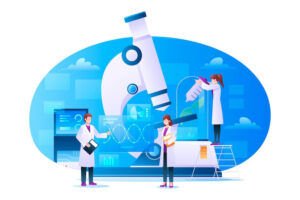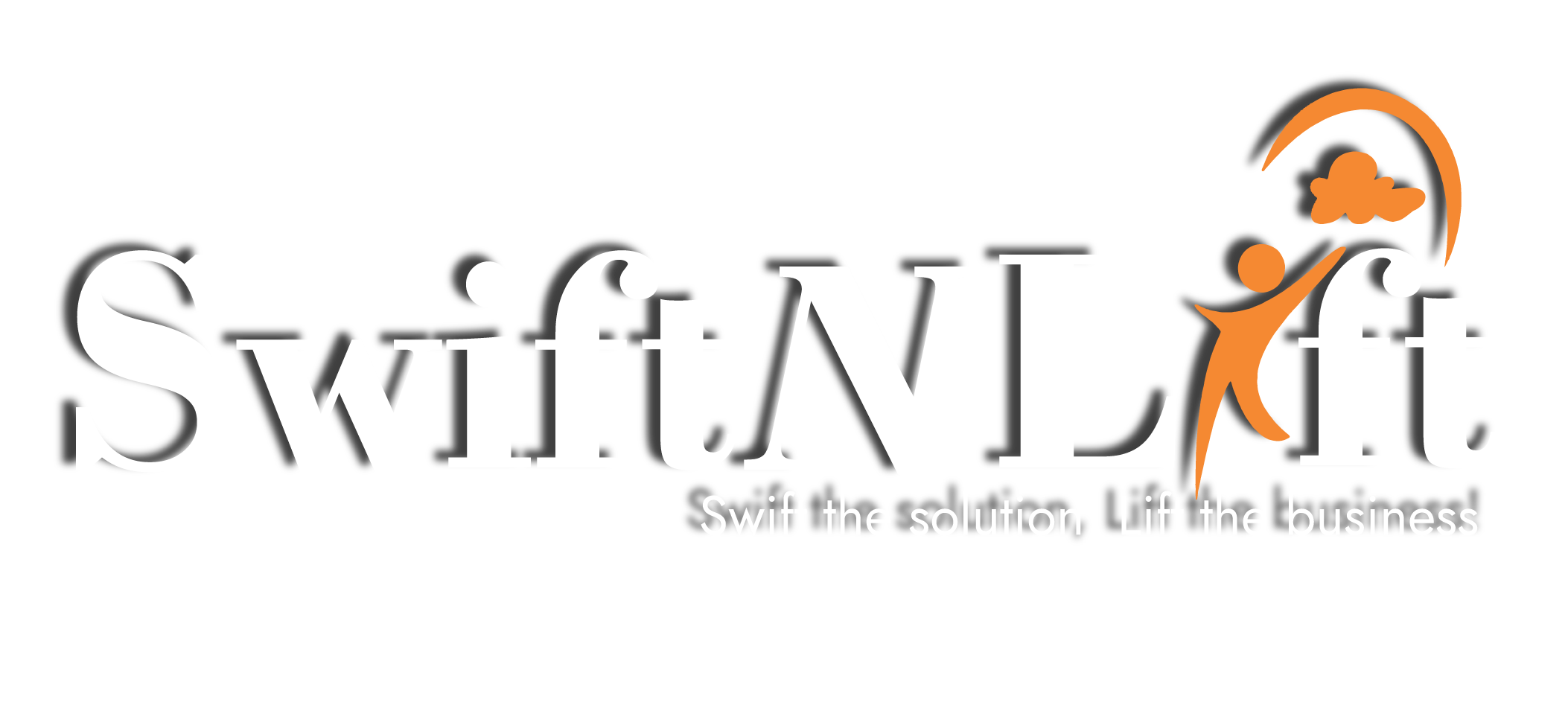
Introduction: The intersection of the pharmaceutical, chemical, and health industries is giving rise to a dynamic ecosystem marked by innovation, collaboration, and a shared commitment to improving human well-being. This article delves into how these industries are converging to address complex challenges, drive advancements in medical solutions, and promote sustainable practices.
- Synergy for Medical Breakthroughs: The convergence of pharmaceuticals, chemicals, and health sciences is accelerating the development of novel medical solutions. Chemists, pharmacologists, and healthcare professionals are collaborating to design targeted therapies, drug delivery systems, and diagnostic tools that are more precise, effective, and patient-friendly.
- Personalized Medicine on the Rise: Advances in genomics and molecular profiling are paving the way for personalized medicine, where treatments are tailored to an individual’s genetic makeup and health profile. This approach requires deep collaboration between pharmaceutical researchers, chemical engineers, and healthcare practitioners to create treatments that offer better outcomes and fewer side effects.
- Sustainable Drug Development: The pharmaceutical and chemical industries are embracing sustainability as a key pillar of their operations. From greener manufacturing processes to reduced waste generation, efforts are being made to minimize the environmental impact of drug production. By collaborating on sustainable practices, these industries are contributing to a healthier planet.
- Data-Driven Health Insights: The integration of data analytics and artificial intelligence is transforming healthcare. Pharma and chemical companies are partnering with data experts to gather insights from patient data, clinical trials, and research studies. This data-driven approach is facilitating the discovery of new treatments, improving disease management, and enhancing patient care.
- Convergence of Technology and Pharmaceuticals: Digital health technologies, wearable devices, and telemedicine are creating opportunities for collaboration between technology companies and the pharmaceutical sector. From remote patient monitoring to drug adherence apps, these partnerships are improving patient outcomes, enhancing drug efficacy, and enabling better healthcare access.
- Regulatory Challenges and Ethical Considerations: As the convergence of these industries accelerates, regulatory bodies and ethical considerations become more complex. Ensuring patient safety, data privacy, and compliance with medical standards require close cooperation between regulatory agencies, pharmaceutical manufacturers, and healthcare professionals.
- Pandemic Preparedness and Response: The COVID-19 pandemic highlighted the crucial role of collaboration between pharmaceutical research, chemical production, and healthcare infrastructure. The rapid development of vaccines and treatments underscored the importance of a well-coordinated approach to address global health crises.
- Research Partnerships and Academic Collaborations: Research institutions, universities, and private companies are forming alliances to drive innovation. Collaborative efforts facilitate knowledge sharing, accelerate research, and bring together expertise from multiple fields to tackle complex health challenges.
Conclusion: The convergence of the pharmaceutical, chemical, and health industries is fostering a new era of innovation and collaboration. Through personalized medicine, sustainable practices, data-driven insights, and technological advancements, these industries are collectively shaping the future of healthcare. As they navigate regulatory challenges and ethical considerations, their commitment to improving patient outcomes and contributing to a healthier world remains a driving force in this transformative journey.






